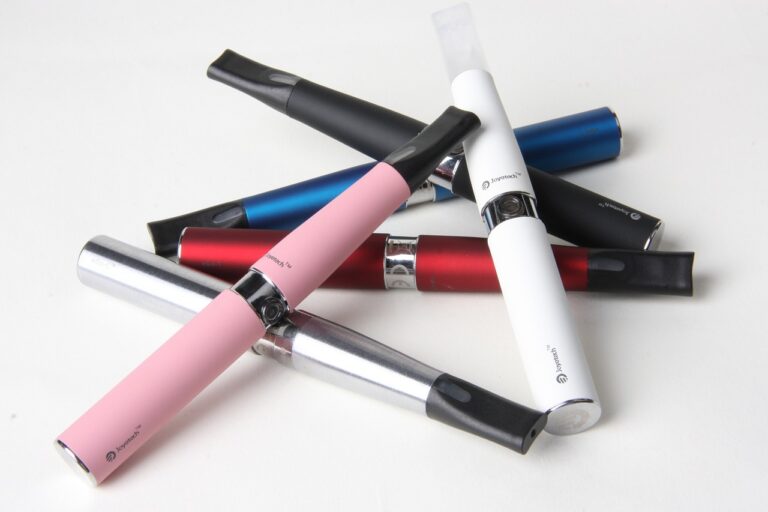How to Choose the Right Sunscreen for Your Skin Type
99exch.com login, laser247. com, yolo247 login:Choosing the right sunscreen for your skin type is crucial for protecting your skin from the harmful effects of the sun. With so many options available on the market, it can be overwhelming to figure out which one is best for you. In this blog post, we will discuss how to choose the right sunscreen based on your skin type and needs.
Understanding Your Skin Type
Before diving into the world of sunscreen, it’s essential to understand your skin type. There are generally four main skin types: normal, dry, oily, and combination. Normal skin is typically well-balanced and doesn’t experience excessive dryness or oiliness. Dry skin tends to feel tight and flaky, especially after washing. Oily skin is prone to shine and acne breakouts, while combination skin is a mix of both dry and oily areas on the face.
Choosing the Right SPF
One of the most crucial factors to consider when selecting a sunscreen is the Sun Protection Factor (SPF). The SPF number indicates how long the sunscreen will protect your skin from UVB rays, which are the primary cause of sunburn. The American Academy of Dermatology recommends using a broad-spectrum sunscreen with an SPF of 30 or higher for adequate protection.
For everyday use, an SPF of 30 is usually sufficient. However, if you plan to spend an extended period in the sun, such as at the beach or while participating in outdoor activities, you may want to opt for a higher SPF, like 50 or even 70.
Selecting the Right Formulation
Sunscreen comes in various formulations, such as lotions, creams, gels, sprays, and sticks. The right formulation for you will depend on your skin type and personal preferences.
Lotions and creams are generally best for dry skin as they provide added hydration, while gels and sprays are suitable for oily or acne-prone skin as they are lightweight and non-greasy. Sticks are convenient for targeted application, such as around the eyes and lips.
Water-Resistant Formulas
If you plan to swim or sweat while wearing sunscreen, it’s essential to choose a water-resistant formula. Water-resistant sunscreens are designed to maintain their effectiveness for up to 40 or 80 minutes of water exposure, as indicated on the label. Reapplying sunscreen regularly, especially after swimming or sweating, is crucial for continuous protection.
Additional Features to Consider
In addition to SPF and formulation, there are other features to consider when choosing a sunscreen. Look for sunscreens labeled as “broad-spectrum,” as they protect against both UVA and UVB rays. UVA rays can prematurely age the skin and contribute to skin cancer, so it’s essential to provide protection against them as well.
If you have sensitive skin or are prone to allergies, opt for a sunscreen labeled as “hypoallergenic” and free of fragrances and other potential irritants. Mineral sunscreens containing ingredients like zinc oxide and titanium dioxide are also less likely to cause irritation.
FAQs
What is the difference between chemical and physical sunscreen?
Chemical sunscreens contain active ingredients that absorb UV rays and convert them into heat, which is then released from the skin. Physical sunscreens, on the other hand, contain active mineral ingredients that create a physical barrier on the skin to reflect and scatter UV rays. Some people prefer physical sunscreens, as they tend to be less irritating to sensitive skin.
Can I use the same sunscreen on my face and body?
While you can technically use the same sunscreen on your face and body, facial skin is often more sensitive and prone to breakouts. Consider using a separate sunscreen specifically formulated for the face, which is typically non-comedogenic and lighter in texture.
Should I still wear sunscreen on cloudy days?
Yes, you should wear sunscreen on cloudy days, as up to 80% of the sun’s UV rays can penetrate through clouds. UV rays can still cause skin damage and premature aging, even on overcast days. Make sunscreen a part of your daily skincare routine to protect your skin year-round.
In conclusion, choosing the right sunscreen for your skin type is essential for maintaining healthy and protected skin. Consider factors such as SPF, formulation, water resistance, and additional features when selecting a sunscreen that works best for you. Remember to reapply sunscreen every two hours, especially when spending time outdoors, to ensure continuous protection against the sun’s harmful rays.







